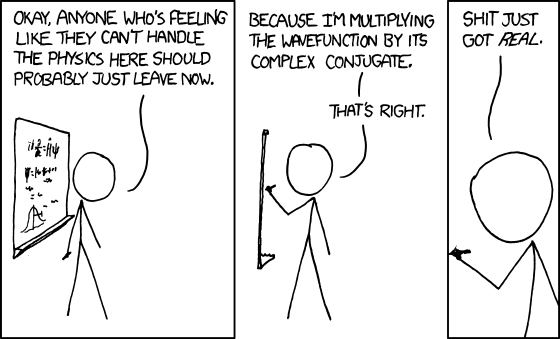Gelman and Picasso
I very much enjoyed Andrew Gelman's post "Bayesian statistical pragmatism" (4/15/2011) on his blog Statistical Modeling, Causal Inference, and Social Science. And one aspect of that post struck me as especially relevant to some recent LL discussions:
I am surprised to see Kass write that scientists believe that the theoretical and real worlds are aligned. It is from acknowledging the discrepancies between these worlds that we can (a) feel free to make assumptions without being paralyzed by fear of making mistakes, and (b) feel free to check the fit of our models (those hypothesis tests again! Although I prefer graphical model checks, supplanted by p-values as necessary). All models are false, etc.
I assume that Kass is using the word "aligned" in a loose sense, to imply that scientists believe that their models are appropriate to reality even if not fully correct. But I would not even want to go that far. Often in my own applied work I have used models that have clear flaws, models that are at best "phenomenological" in the sense of fitting the data rather than corresponding to underlying processes of interest–and often such models don't fit the data so well either. But these models can still be useful: they are still a part of statistics and even a part of science (to the extent that science includes data collection and description as well as deep theories).
Read the rest of this entry »

